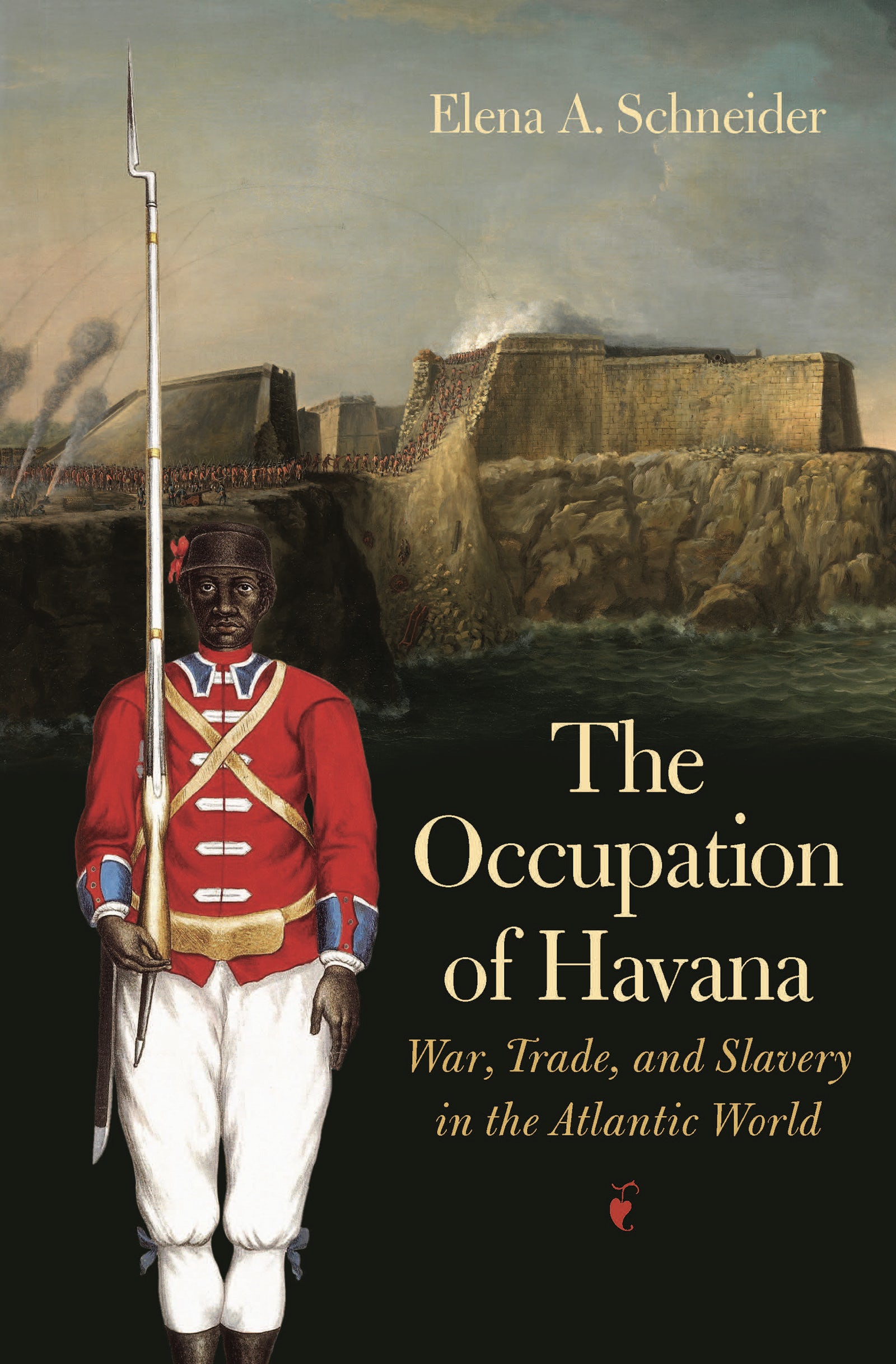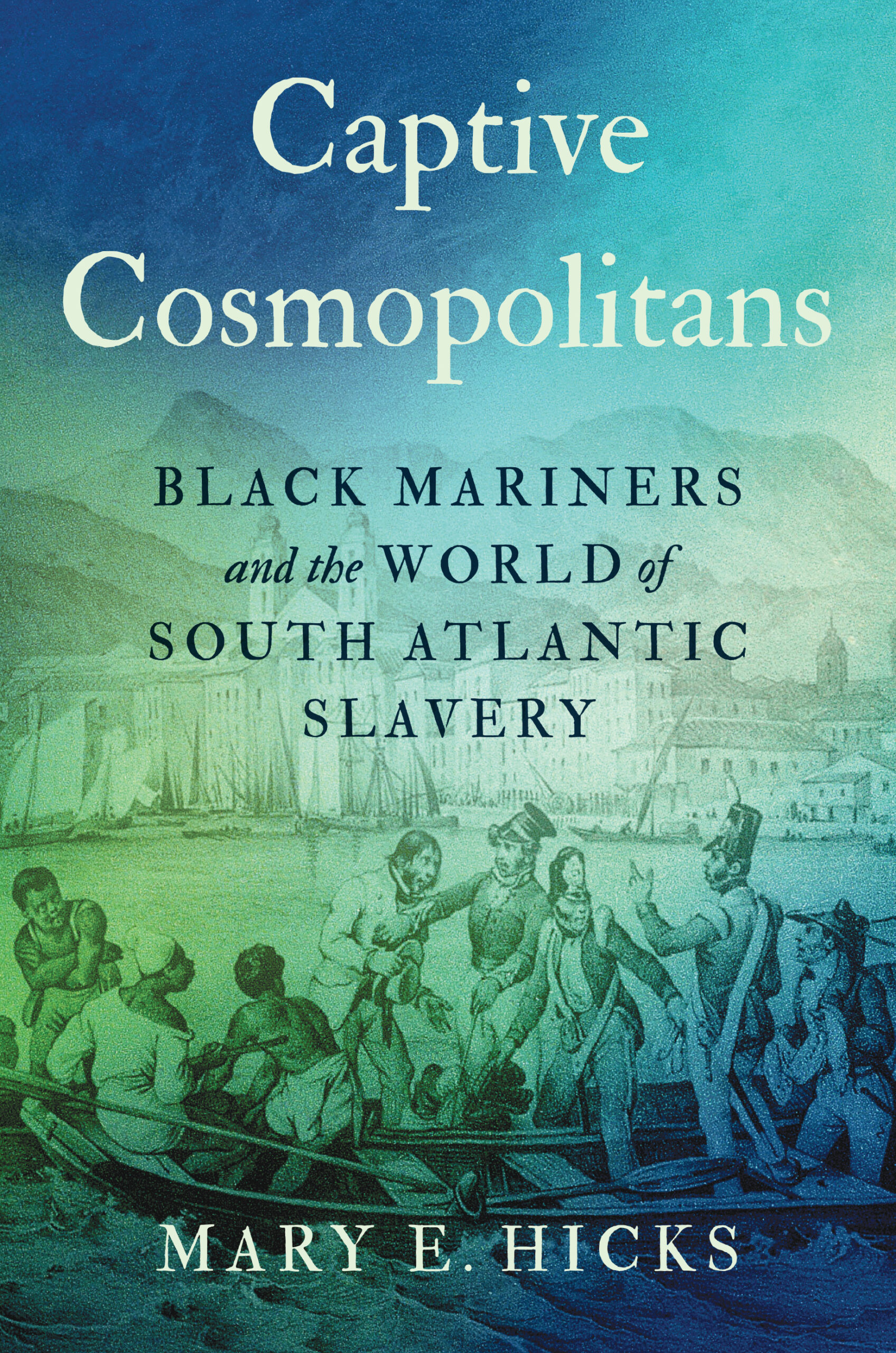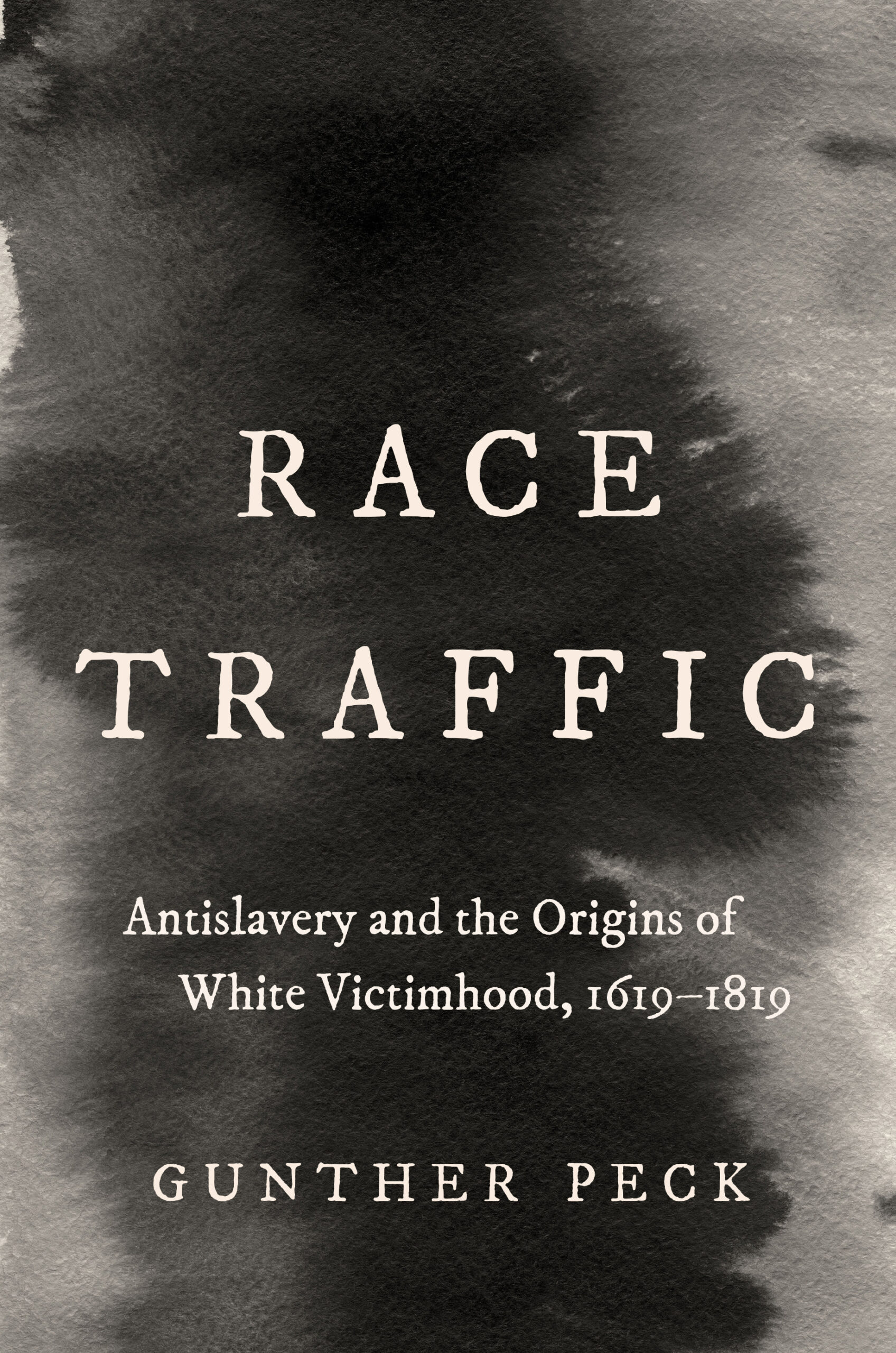
The Occupation of Havana
Description
In 1762, British forces mobilized more than 230 ships and 26,000 soldiers, sailors, and enslaved Africans to attack Havana, one of the wealthiest and most populous ports in the Americas. They met fierce resistance. Spanish soldiers and local militias in Cuba, along with enslaved Africans who were promised freedom, held off the enemy for six suspenseful weeks. In the end, the British prevailed, but more lives were lost in the invasion and subsequent eleven-month British occupation of Havana than during the entire Seven Years’ War in North America.
The Occupation of Havana offers a nuanced and poignantly human account of the British capture and Spanish recovery of this coveted Caribbean city. The book explores both the interconnected histories of the British and Spanish empires and the crucial role played by free people of color and the enslaved in the creation and defense of Havana. Tragically, these men and women would watch their promise of freedom and greater rights vanish in the face of massive slave importation and increased sugar production upon Cuba’s return to Spanish rule. By linking imperial negotiations with events in Cuba and their consequences, Elena Schneider sheds new light on the relationship between slavery and empire at the dawn of the Age of Revolutions.
About The Author
Elena A. Schneider is assistant professor of history at the University of California, Berkeley.
Awards
James A. Rawley Prize, American Historical Association (2019)
Honorable Mention, Elsa Goveia Book Prize, Association of Caribbean Historians (2019)
Biennial Book Prize, Forum on Early Modern Empires and Global Interaction (2019)
The Murdo J. Macleod Book Prize, Latin American and Caribbean Studies Section of the Southern Historical Association (2019)
Bryne Wood Book Award, Latin American Studies Association (2020)
Reviews
“The most detailed and analytical account to date of the British siege and occupation of Havana. Engagingly written and lavishly decorated . . . the book will be enlightening and illuminating for undergraduates and required reading for graduate students and specialists in the fields of early American, Caribbean, Atlantic, and imperial history.”—Early American Literature
“A rich account of a relatively short military campaign . . . Schneider’s reframing of a Spanish defeat provides both a thoughtful account of the crucial history of Cuba within a broader American history and a necessary history of the contributions and lives of African-descended Cubans.”—William and Mary Quarterly
“Schneider has synthesized many disparate strands of information and combined them with extensive research, producing a comprehensive analysis of a watershed in eighteenth-century Cuban history. It is a long overdue and welcome addition to the literature.”—New West Indian Guide
“The Occupation of Havana is an important work. . . . Schneider writes clearly and well, buttressing all of her arguments with copious notes. . . . Anyone with an interest in Atlantic studies, the Caribbean, slavery, or eighteenth-century naval history will enjoy the read.”—The Northern Mariner
“Offers a compelling argument. . . . Makes clear that the siege and occupation of Havana was not one but all, the end of an era of rights and privileges for people of African descent, a new dawn for creole oligarchs dreaming of sugar and slaves, and a middle point in an eighteenth century of interimperial conflict and collaboration.”—H-Net Reviews
“A bold reinterpretation, rooted in new and exciting findings, of [Havana’s] British occupation in 1762–63 . . . [that] restores Afro-Cuban agency to the island’s history.”—Hispanic American Historical Review
“During the eighteenth century, Havana was the crown jewel of the Spanish Caribbean, a place of dazzling wealth and formidable power. Behind this impressive facade, however, lay a more complicated history of war, trade, and slavery that Havana shared with its British neighbors. Elena Schneider brings this entangled Anglo-Spanish history to life as no historian before her has done. The result is a landmark in the history of the British and Spanish Atlantic worlds.”—Eliga Gould, University of New Hampshire
“At every level, from its treatment of geopolitics in the Atlantic world to its fine-grained social history, this is a splendid book. No previous scholar has so clearly recounted the 1762 siege of Havana in all its contexts; no reader of this volume will be able to doubt that event’s significance.”—Fred Anderson, Emeritus, University of Colorado Boulder
“The Occupation of Havanaunravels national and imperial narratives about eighteenth-century British and Spanish struggles over the ‘key to the Indies.’ In their place, Elena Schneider offers a cross-cutting analysis that demonstrates how overlapping imperial connections and frictions shaped Caribbean lives well beyond war and commerce. Meticulously researched, this book is full of surprises.”—David Sartorius, University of Maryland
“A gripping history of the British siege and occupation of Havana. Part military history, part social history, this book brilliantly reveals the origins, course, and lasting impacts (in Cuba, Britain, Spain, and the United States) of this monumental, yet remarkably understudied, event in Atlantic history. Beautifully written, The Occupation of Havana will last for generations.”—Ada Ferrer, New York University






